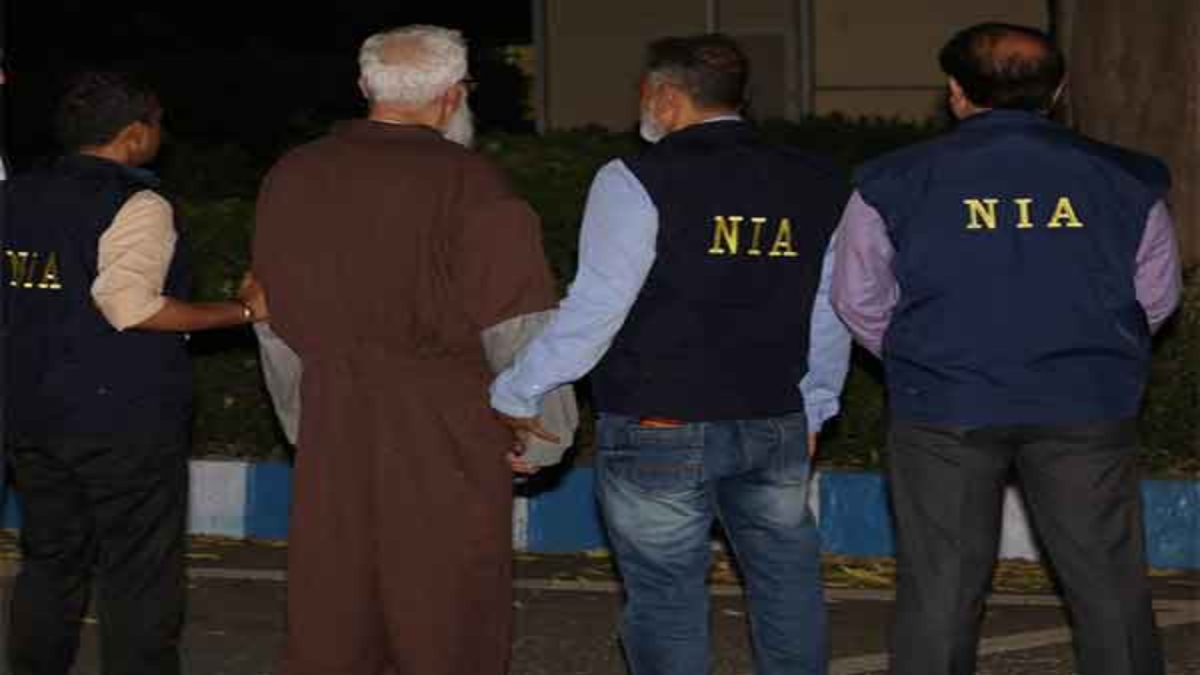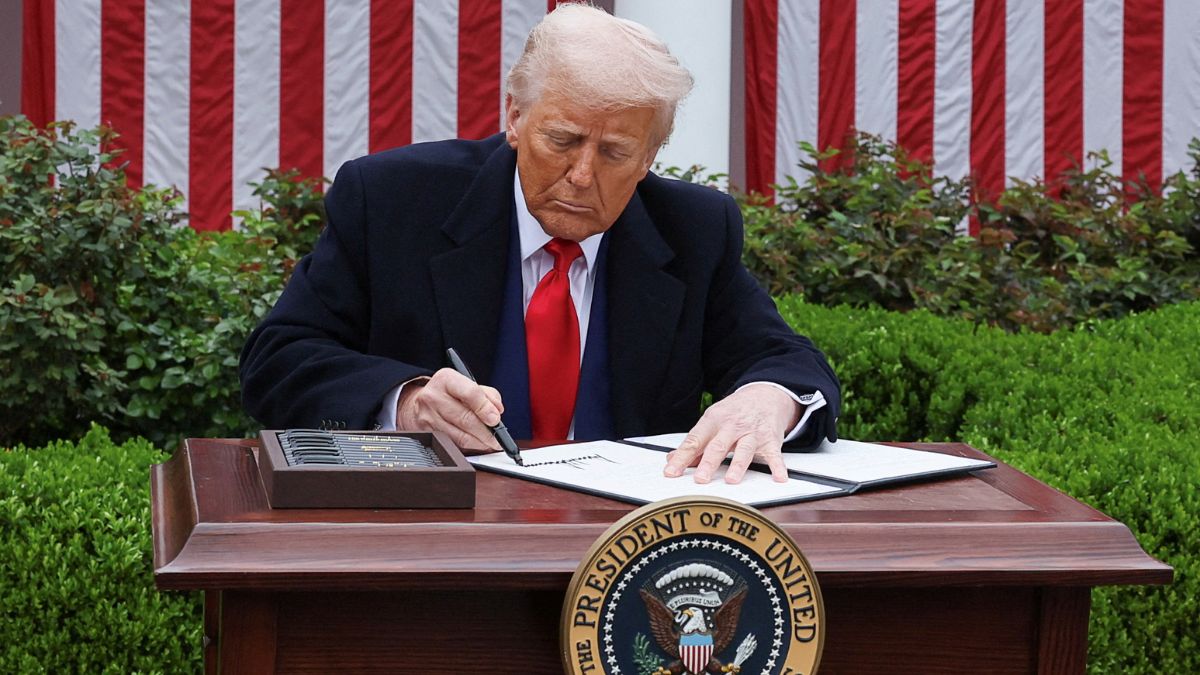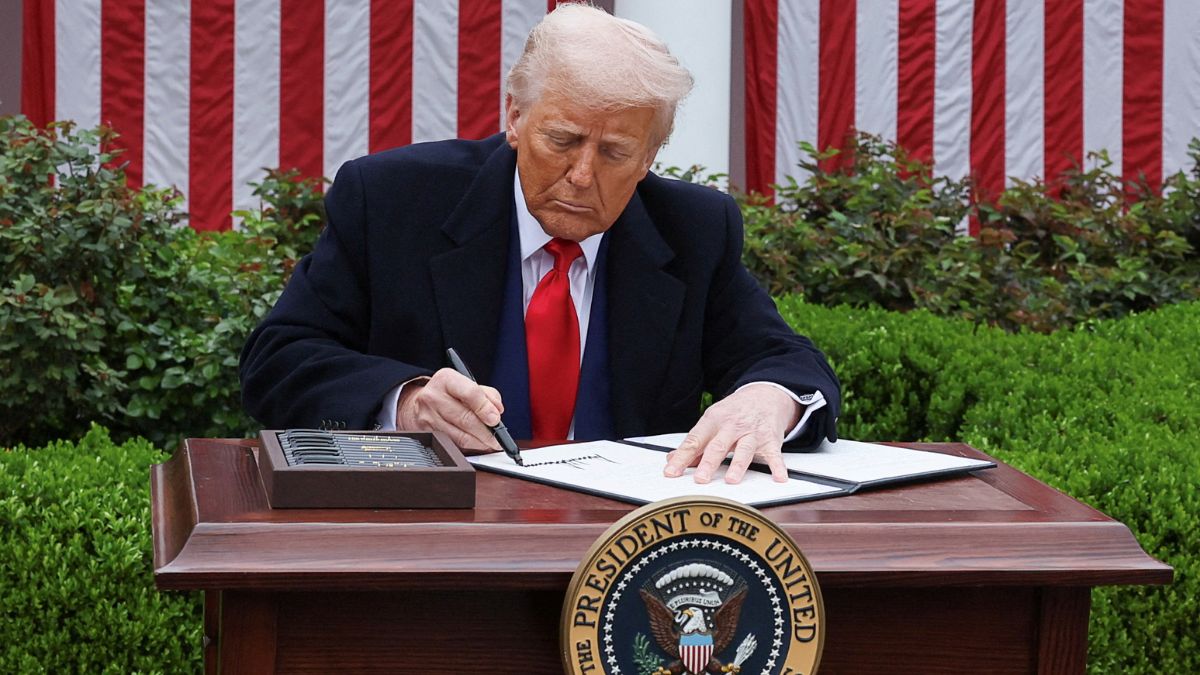The National Investigation Agency (NIA) produced 26/11 Mumbai terror attacks accused Tahawwur Hussain Rana before a court in New Delhi on Thursday night, hours after he was extradited from the US, and sought his 20-day custody.
The order has been reserved by the court on how many days of remand to be granted.
#WATCH | Delhi: 26/11 Mumbai attacks accused Tahawwur Rana brought to Patiala House Court. He arrived today in India, following extradition by the US. pic.twitter.com/CsezuC5aHA
— ANI (@ANI) April 10, 2025
NIA presented compelling evidence, including emails sent by Rana, to justify his police custody. The agency informed the court that custodial interrogation is crucial to uncovering the sinister plot.
Investigators will also examine Rana’s role in orchestrating the deadly terror attacks.
NIA further said that, as part of the criminal conspiracy, accused No. 1, David Coleman Headley, had discussed the entire operation with Rana before his visit to India.
Anticipating potential challenges, Headley sent an email to Rana detailing his belongings and assets. He also informed Rana about the involvement of Ilyas Kashmiri and Abdur Rehman in the plot.
Earlier, Rana, 64, was formally arrested by the National Investigation Agency (NIA) after landing at Delhi’s Palam technical area.
In a statement, the NIA said the extradition happened after years of sustained and concerted efforts to bring the key conspirator behind the 2008 mayhem to justice.
NIA Secures Successful Extradition of 26/11 Mumbai Terror Attack Mastermind Tahawwur Rana from US pic.twitter.com/sFaiztiodl
— NIA India (@NIA_India) April 10, 2025
“With the active assistance of USDoJ, the US Sky Marshal, NIA worked closely with other Indian intelligence agencies, NSG through the entire extradition process, which also saw India’s Ministry of External Affairs and Ministry of Home Affairs coordinating with the other relevant authorities in the United States to take the matter to its successful conclusion”, the statement added.
After completing the preliminary formalities, he is expected to be presented before the Patiala House court in Delhi.
Rana is likely to be placed in the high-security Tihar Jail in Delhi before potentially being transferred to Mumbai to stand trial, according to the NDTV report, citing sources.
Meanwhile, security has been stepped up outside Delhi’s Patiala House Court.
Deputy Commissioner of Police (New Delhi) Devesh Mahla along with the local police was present at the spot to ensure that necessary security arrangements are present at the court where Rana will be produced, according to a PTI report, citing an official.
Personnel from paramilitary forces and CISF have been deployed outside the court and a thorough physical frisking and checking of visitors is being carried out to avoid any untoward incident, the report added.
An NIA judge is expected to hear the matter.
Tihar Jail officials said all preparations have been made to lodge Rana in a high-security prison ward and they were waiting for court orders.
He faces serious charges, including criminal conspiracy, waging war against the government of India, murder, forgery, and violations under the Unlawful Activities (Prevention) Act.
His extradition follows a meeting on Wednesday between Union Home Minister Amit Shah, Foreign Minister S Jaishankar, and National Security Advisor Ajit Doval.
Shah described the extradition as a “big success of Prime Minister Narendra Modi’s diplomacy.”
Rana, a Canadian citizen of Pakistani origin, has been extradited to India, two months after US President Donald Trump announced the approval of his extradition during Prime Minister Narendra Modi’s visit. Trump labeled Rana as “very evil,” saying, “He is going to be going back to India to face justice.”
Rana is accused of playing a key role in the 2008 Mumbai attacks, which resulted in 166 death. Pakistani-American terrorist David Coleman Headley, the primary suspect, testified that Rana provided logistical and financial support for the attacks.
The chargesheet alleges Rana assisted Headley in various ways, including establishing the Immigrant Law Centre in Mumbai. Headley traveled across India, representing the firm, while Rana visited India in November 2008.
In October 2009, the FBI arrested Rana in Chicago for supporting a foiled attack in Copenhagen and providing material support to Lashkar-e-Taiba, the group behind the Mumbai attacks. He was convicted in 2011.
Despite appealing against extradition due to health issues, including Parkinson’s disease and a risk of aneurysm rupture, US courts rejected his petition.
The 2008 Mumbai attacks targeted multiple sites, including hotels and a Jewish center, with only one of the 10 terrorists, Ajmal Kasab, captured alive and executed in 2012.
With inputs from agencies


)
)
)
)
)
)
)
)
)



